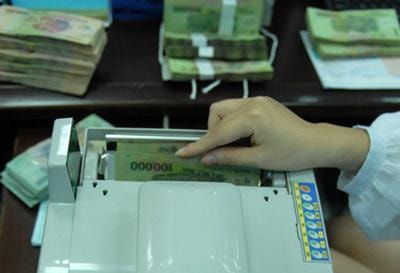Dr. Le Xuan Nghia: Inflation will be controlled in May
Vietnam can completely control inflation if the Government persists with monetary tightening measures, Dr. Le Xuan Nghia, Vice Chairman of the National Financial Supervision Committee, said.
“This April will be the last month of high consumer price index if the State Bank resolutely implements policies to reduce money supply; from May, new monetary supply policies will have practical effects,” said Mr. Nghia.
The reason why the government has not been persistent with monetary tightening solutions is because of "worry" about high interest rates affecting business operations, so they tighten for a while and then "loosen" so they have not achieved the desired level of inflation control.

“Trade deficit only reduces foreign exchange reserves but does not affect inflation".
Specifically, in 2010, Vietnam did not persistently pursue tight monetary policies, leading to high inflation, especially in the fourth quarter, causing effects until the first quarter of 2011.
Mr. Nghia also rejected the idea that trade deficits increase inflation. “Trade deficits only reduce our country’s foreign exchange reserves and do not affect inflation, but only create inflationary psychology.”
In recent days, many newspapers have reported that the USD price on the black market is lower than the price applied by commercial banks. Many people believe that this is a "natural" development of the market, but according to Mr. Nghia, these changes are due to the State Bank's tightening monetary policy, because when the money supply in the market decreases, the exchange rate between VND and USD will decrease.
“Currently, Vietnam is torn by a “multi-target” policy: it wants economic growth, it wants to control inflation, but it also wants to create more jobs, it wants to boost exports and reduce imports. It is not easy to achieve these goals at the same time because the policies have opposite effects on each other,” said Mr. Nghia.
According to Mr. Nghia, many experts believe that Vietnam is facing the risk of unsustainable growth because to grow, investment is required, but ineffective investment will lead to unsustainable growth.
According to Dan Tri






